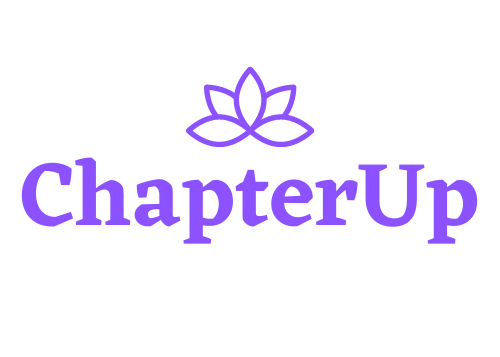
Marriage counselling, also known as couples therapy, is a form of therapy that helps couples who are experiencing relationship difficulties to improve their communication, resolve conflicts, and strengthen their relationship. If you and your partner have decided to seek marriage counselling, it is normal to feel nervous or uncertain about what to expect. In this blog, we will discuss what you can expect during marriage counselling.
Assessment
The first step in marriage counselling is usually an assessment session. During this session, the therapist will ask you and your partner questions about your relationship, your goals for therapy, and any issues or concerns you have. This session helps the therapist to get to know you and your partner and to develop a plan for therapy.
Communication Skills
Communication is a key component of any relationship, and marriage counselling often focuses on improving communication skills. You and your partner will learn how to express your thoughts and feelings effectively, listen actively, and respond in a way that promotes understanding and empathy.
Conflict Resolution
Conflict is a natural part of any relationship, but it can be challenging to navigate. In marriage counselling, you and your partner will learn how to resolve conflicts in a healthy and productive way. This may involve learning how to compromise, how to express your needs and wants without attacking your partner, and how to find solutions that work for both of you.
Identifying Negative Patterns
Sometimes, couples fall into negative patterns of behaviour that can damage their relationship. These patterns may include criticism, defensiveness, stonewalling, or contempt. In marriage counselling, you and your partner will learn how to identify these patterns and replace them with positive, healthy behaviours.
Individual and Relationship Goals
Marriage counselling is not just about improving your relationship – it is also about helping you and your partner to achieve your individual goals. You and your partner may have different goals for therapy, such as improving your communication skills, building trust, or resolving conflicts. The therapist will work with you to develop a plan that addresses both individual and relationship goals.
Homework and Practice
Marriage counselling is not a quick fix – it takes time and effort to improve a relationship. Your therapist may assign homework or suggest activities that you and your partner can do between sessions to practice the skills you are learning in therapy. By practicing these skills outside of therapy, you will be able to apply them to real-life situations and strengthen your relationship over time.
As you can see, marriage counselling can be a highly effective way to improve your relationship and strengthen your connection with your partner. By working with a qualified therapist and committing to the process, you and your partner can learn new skills, resolve conflicts, and build a happier, healthier relationship.
